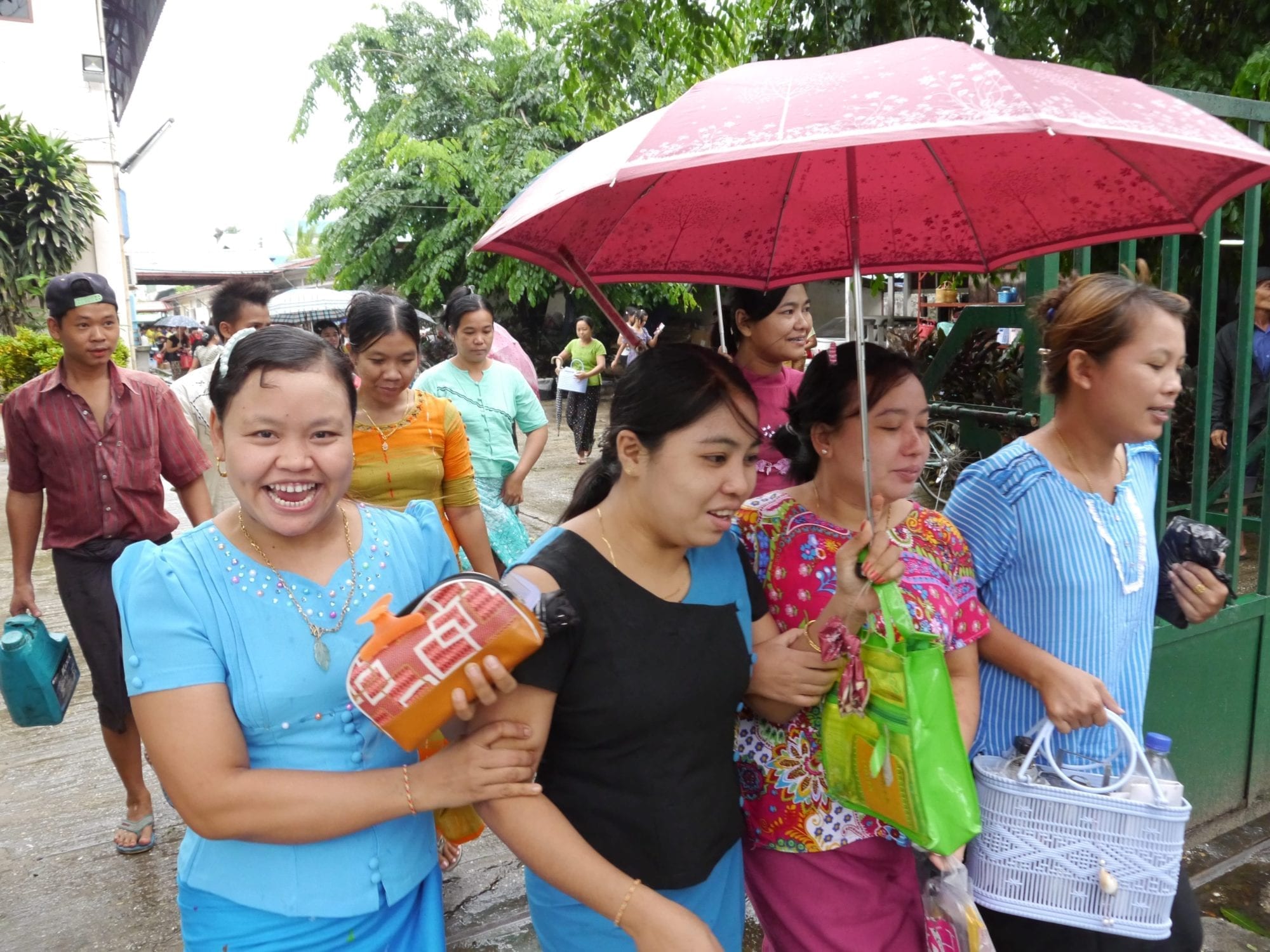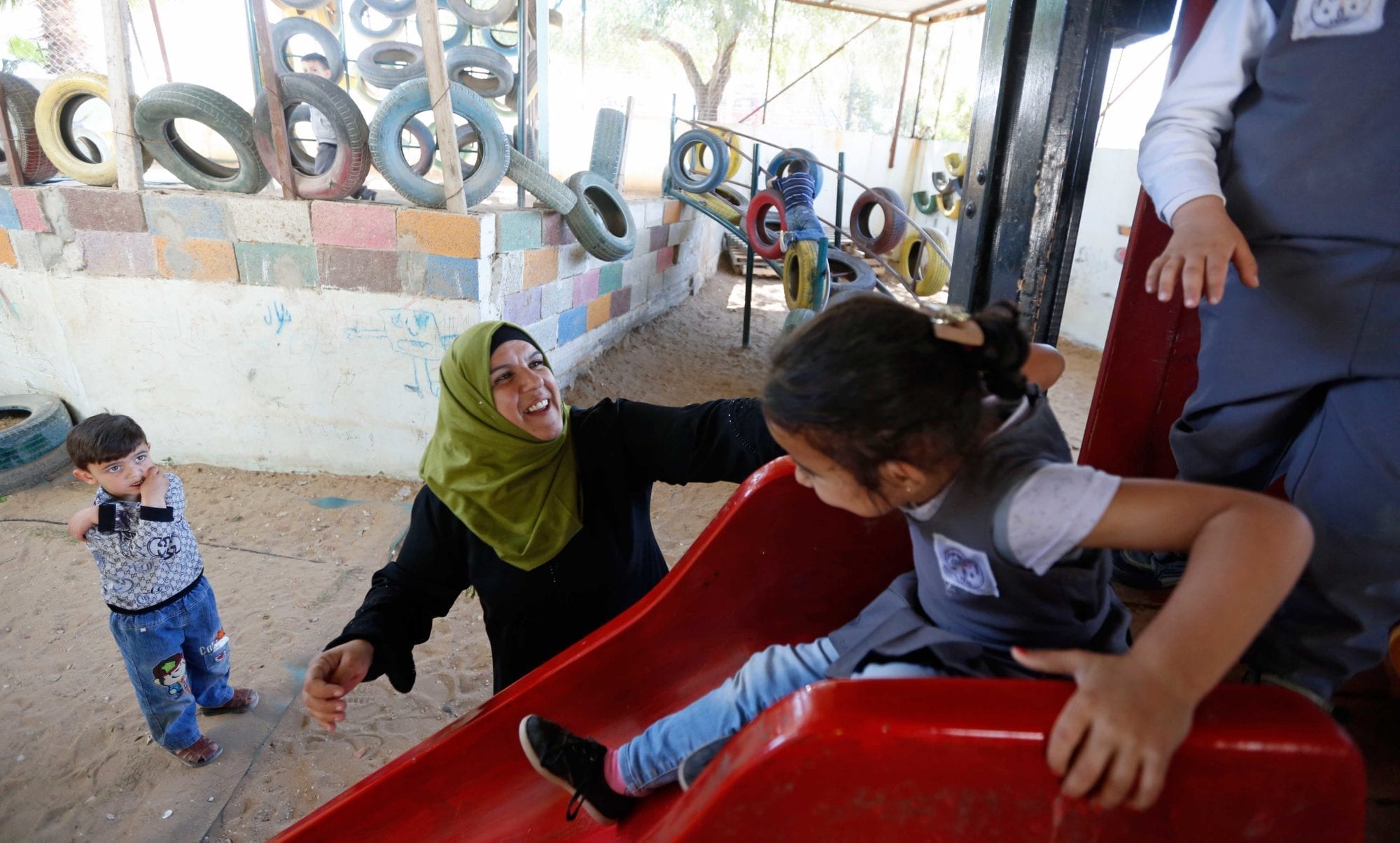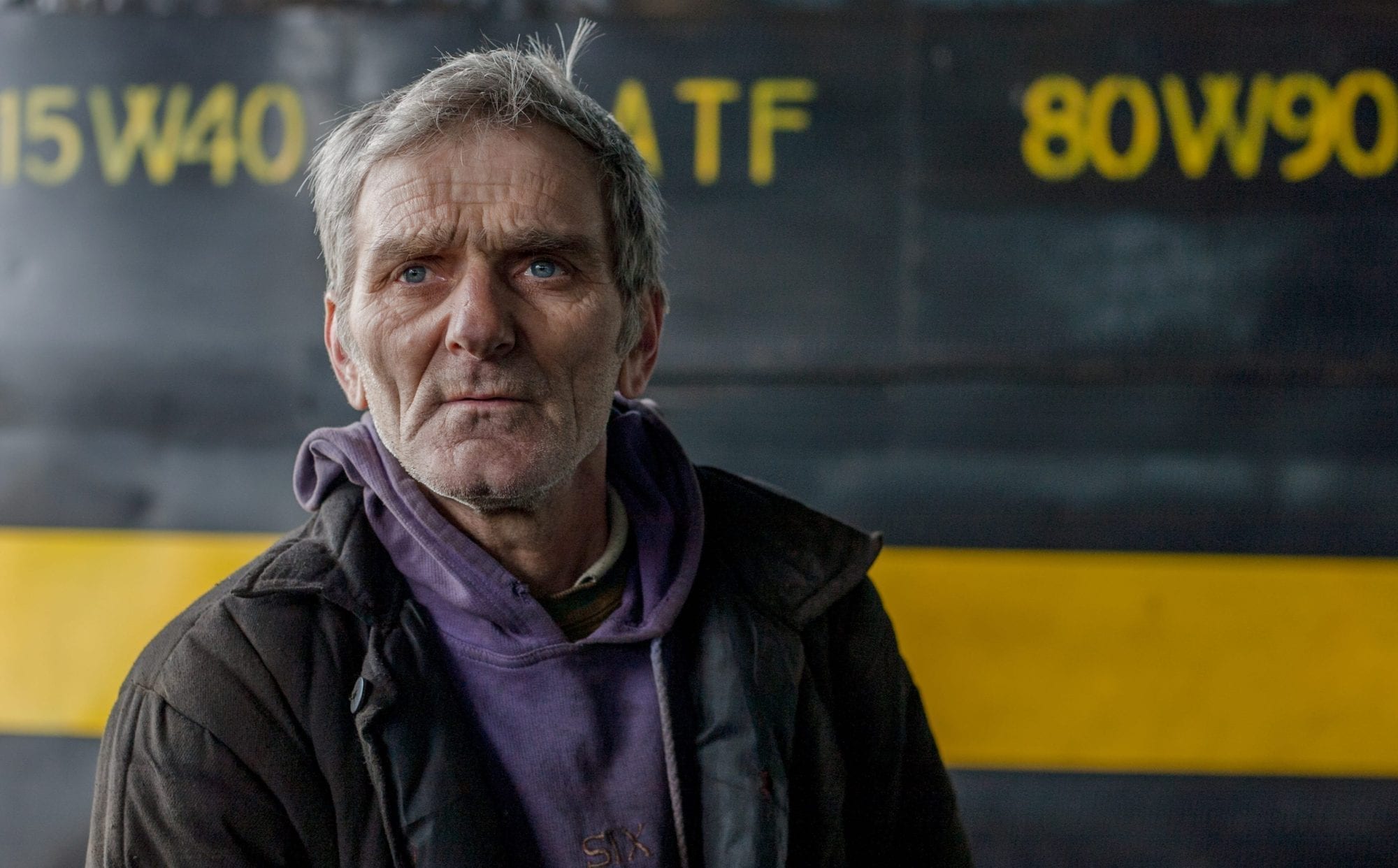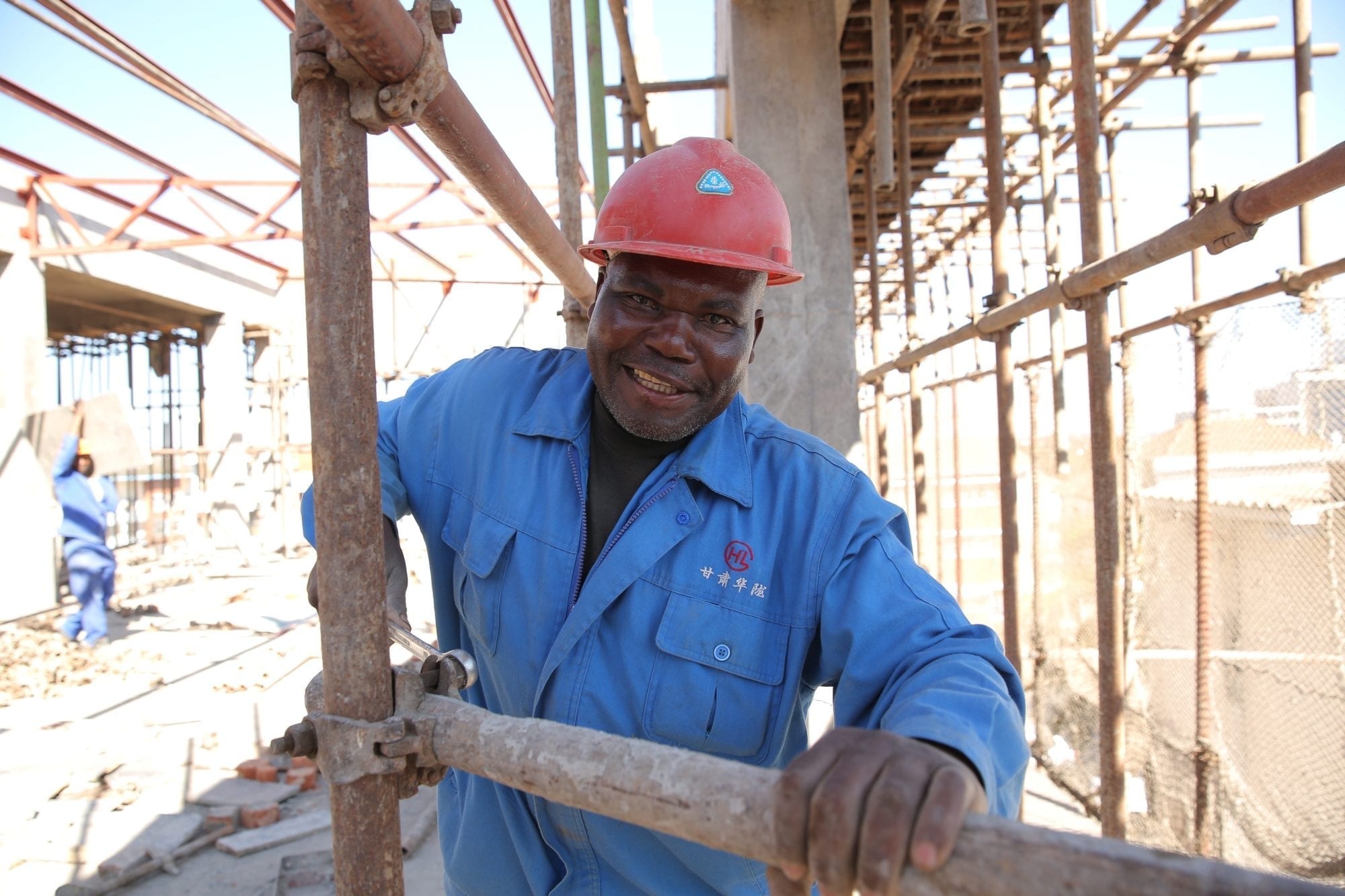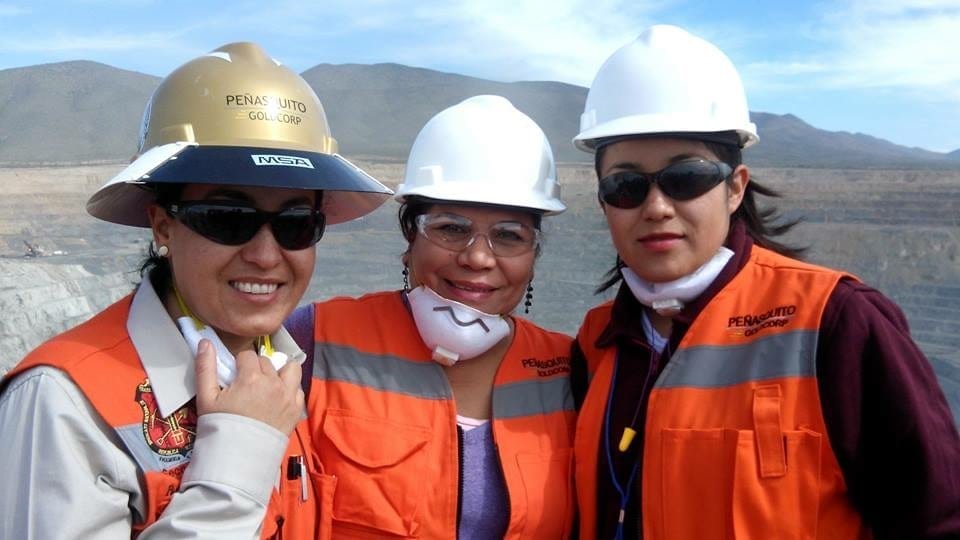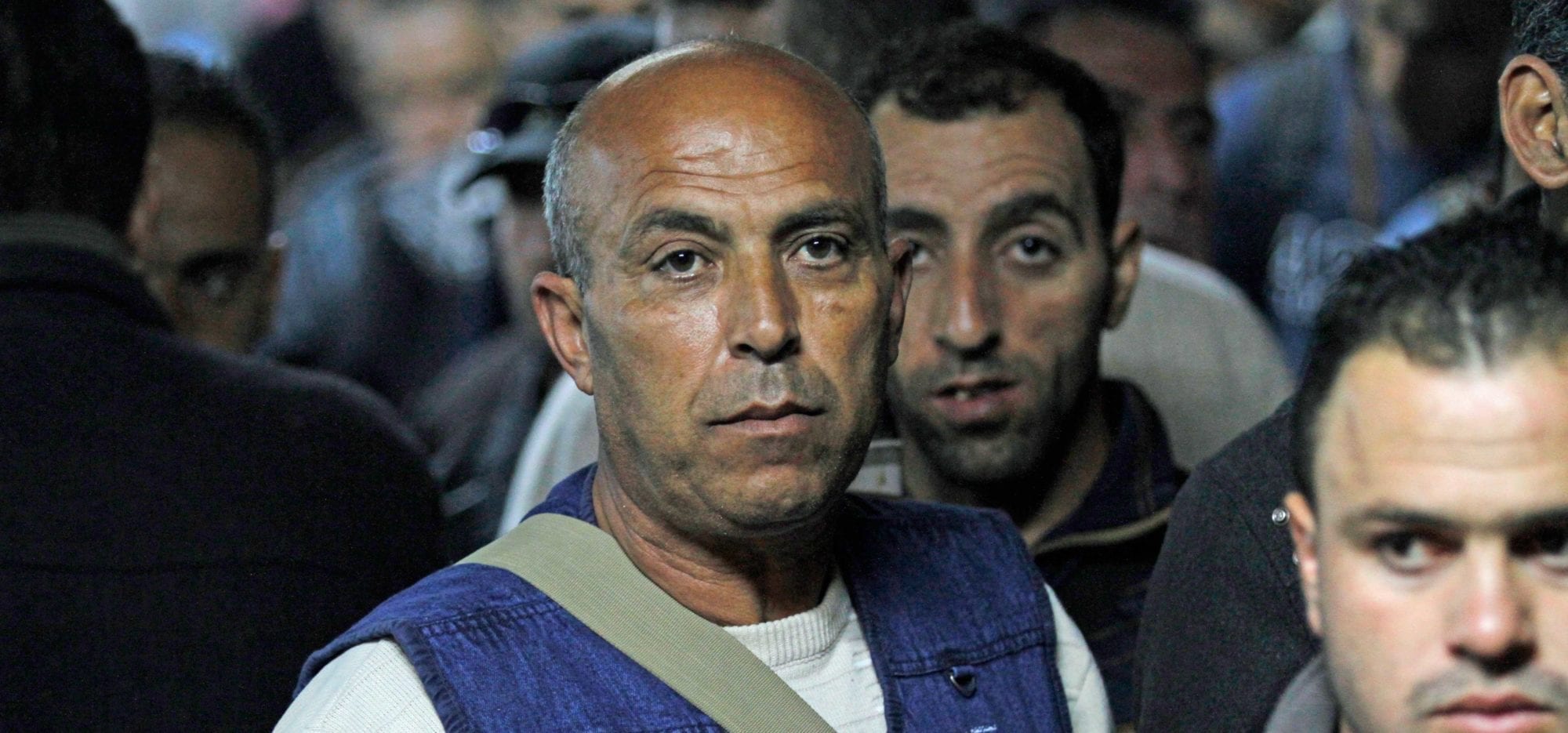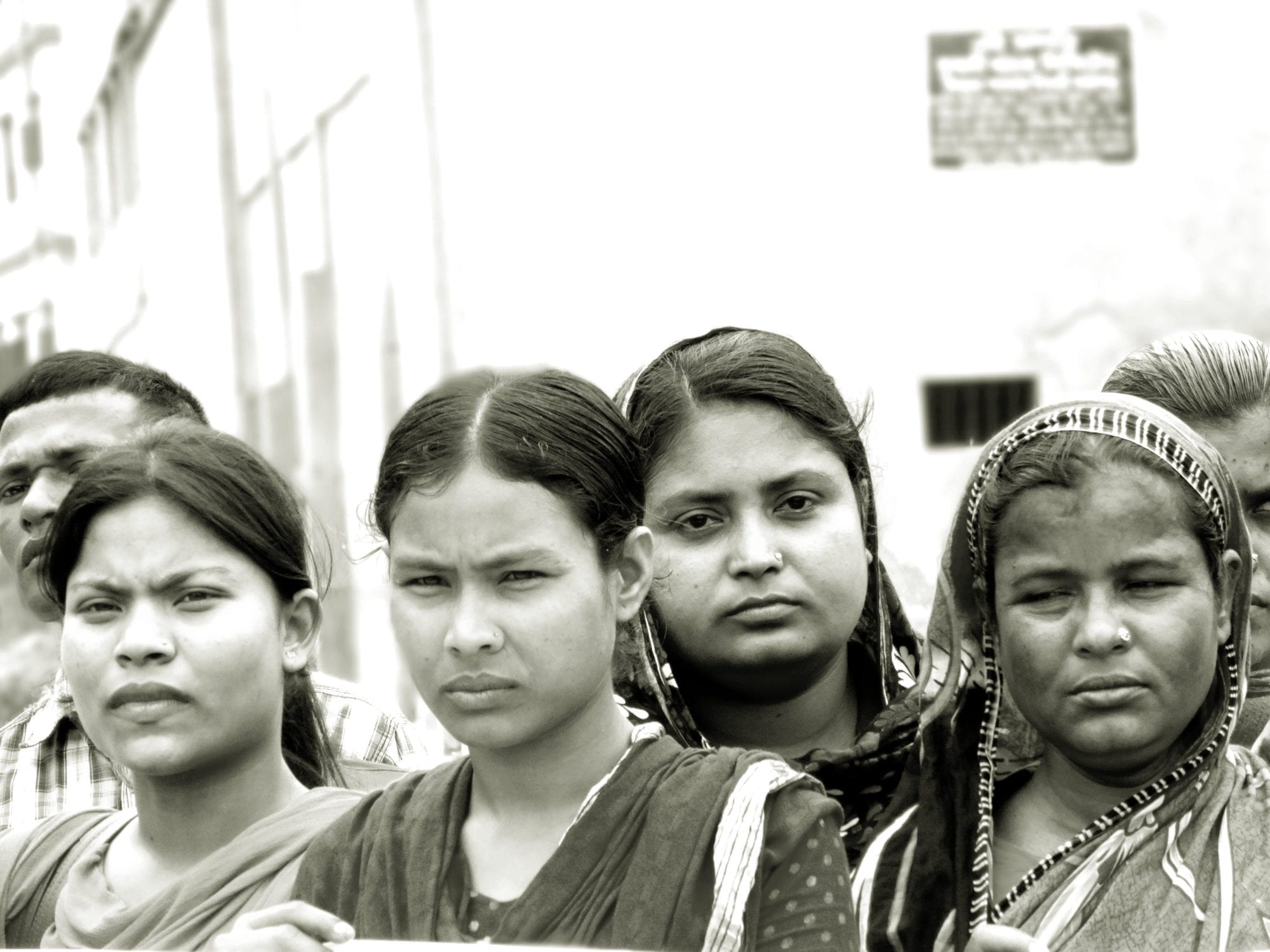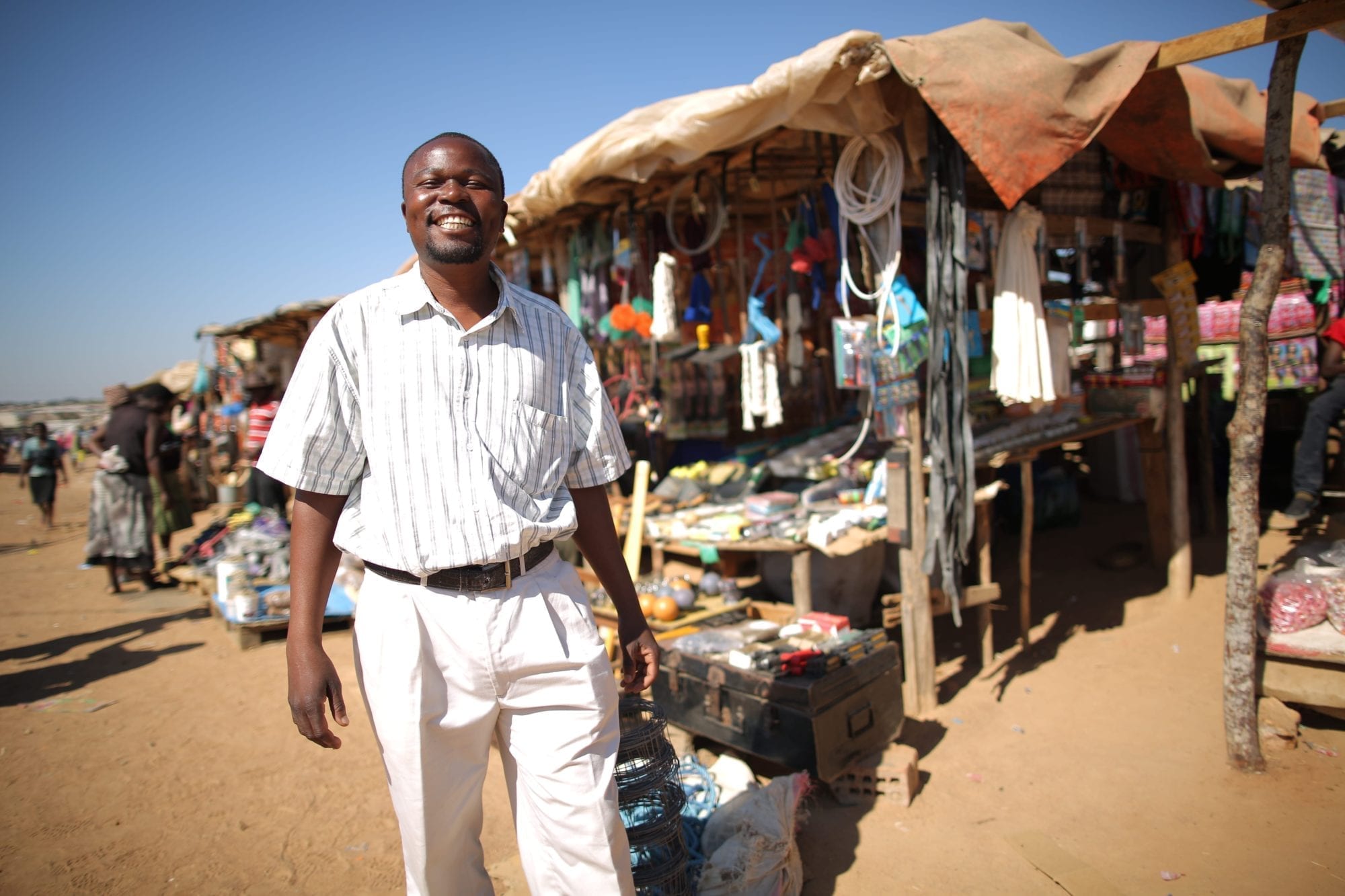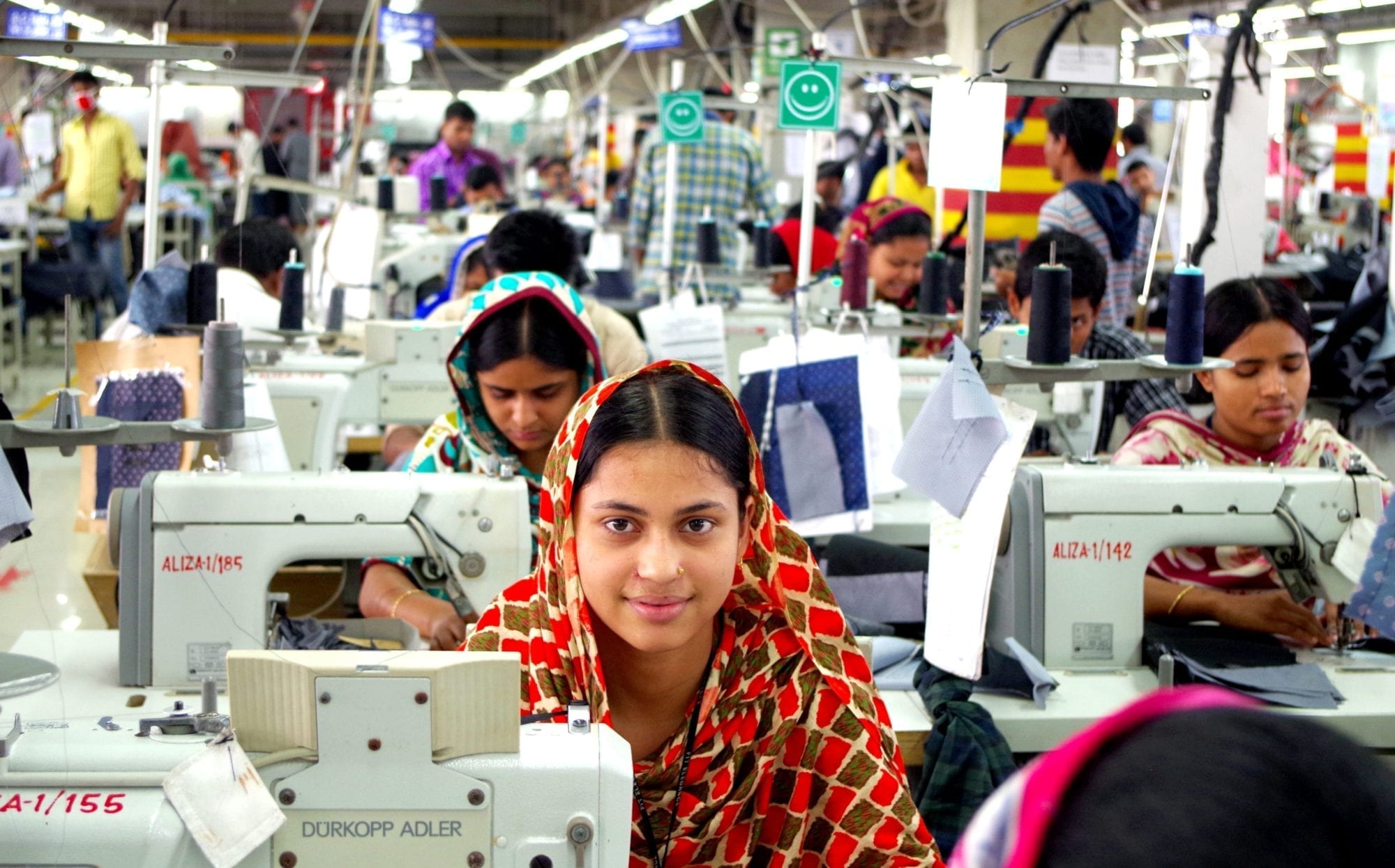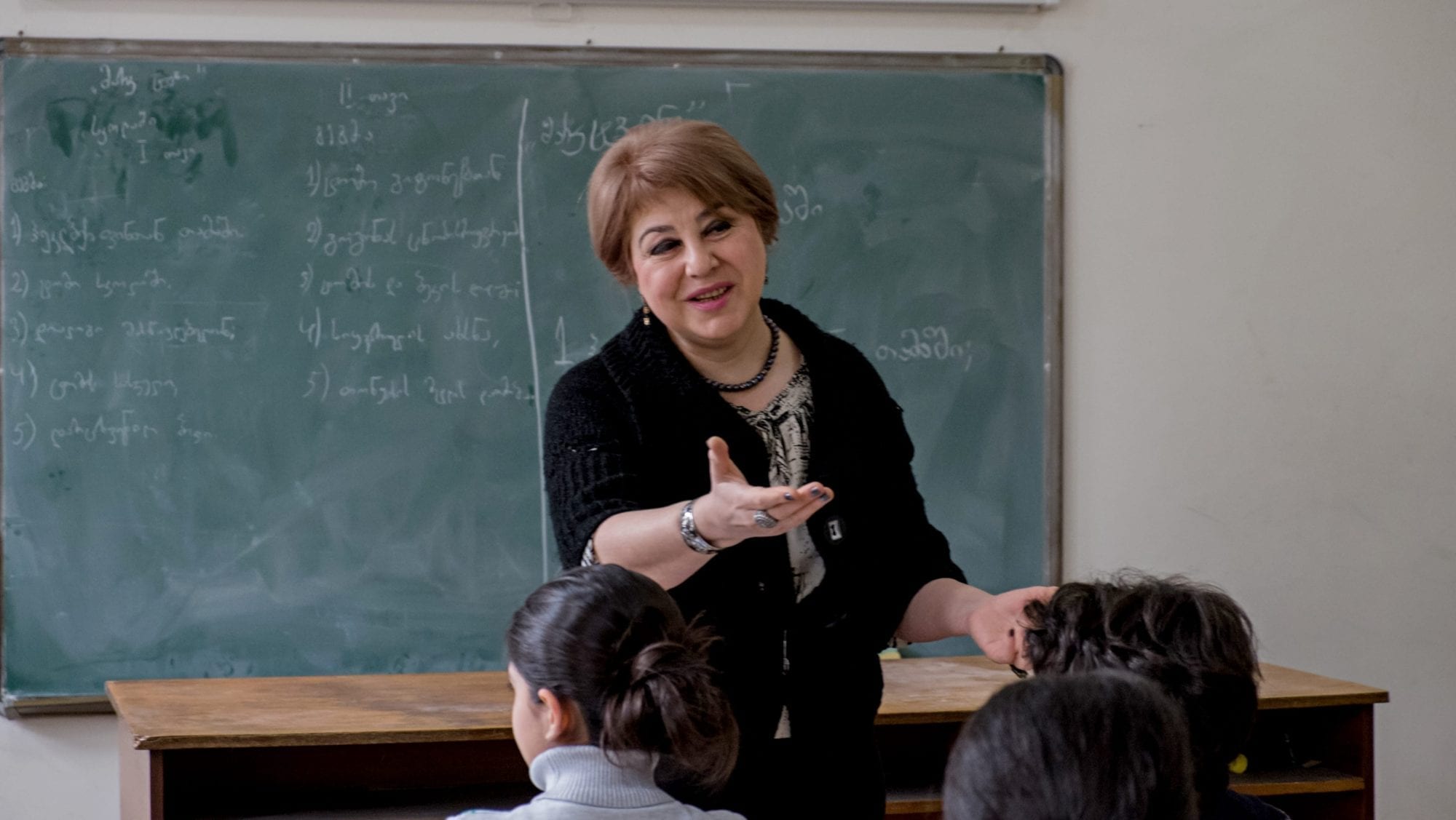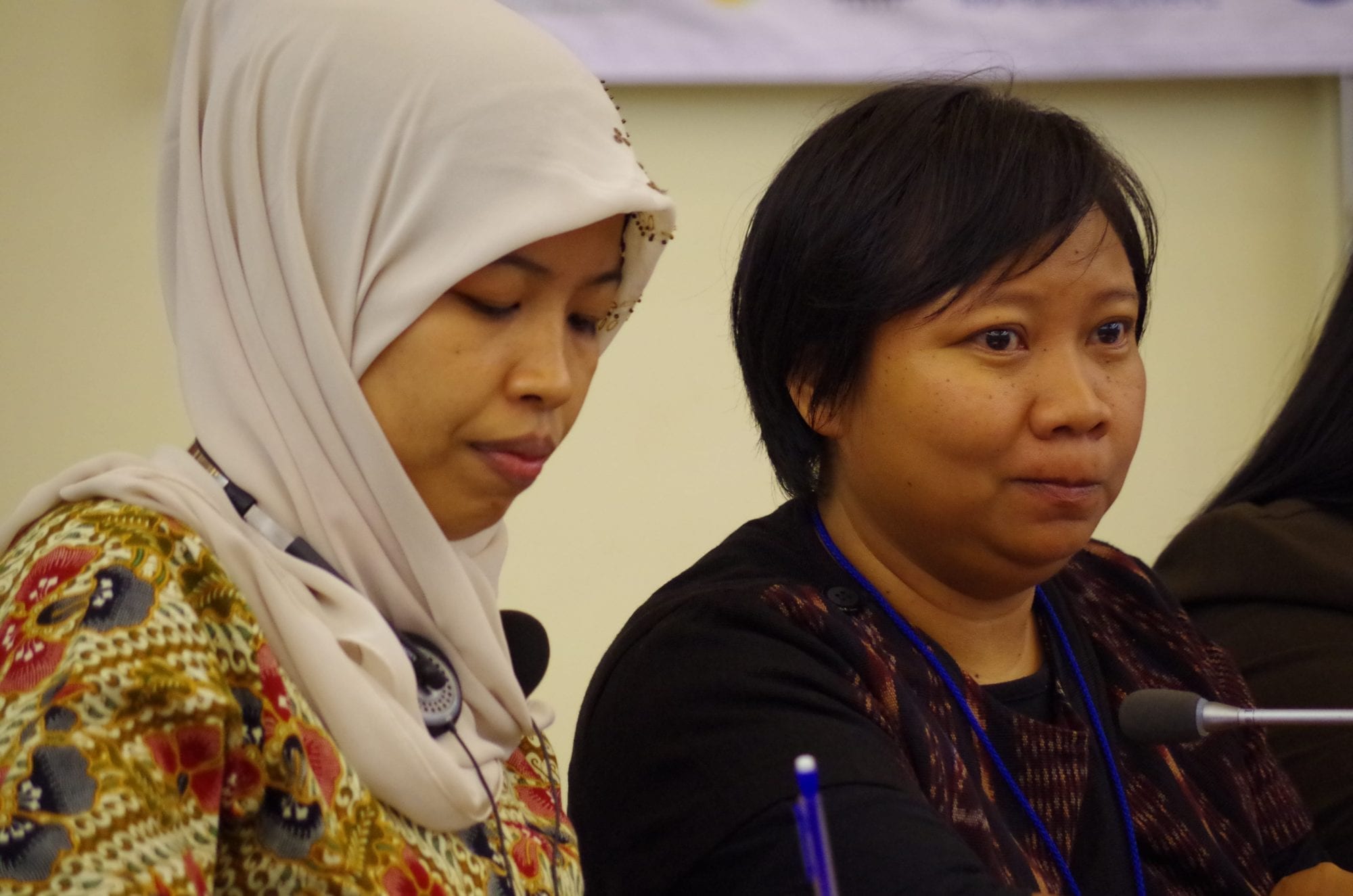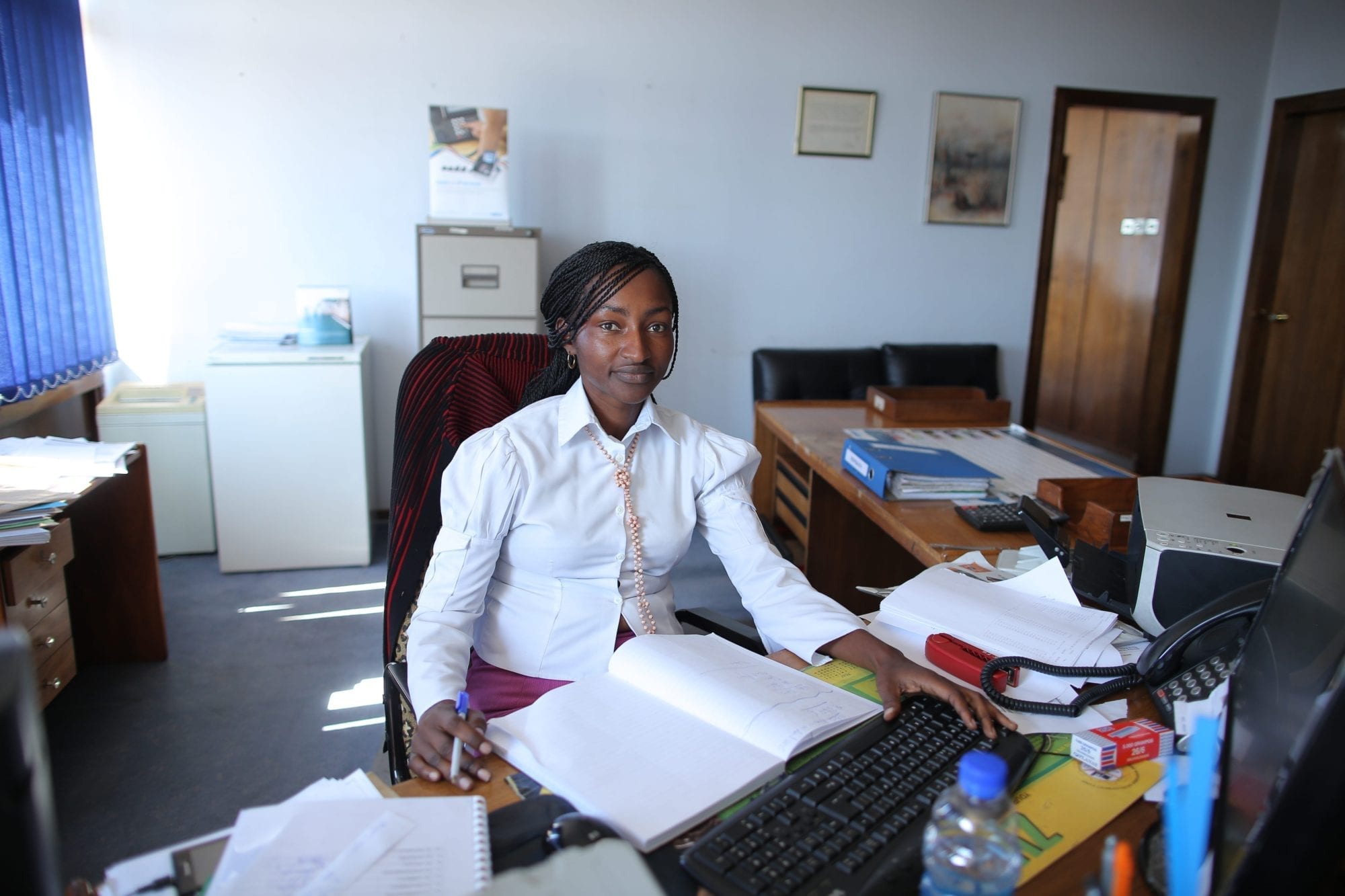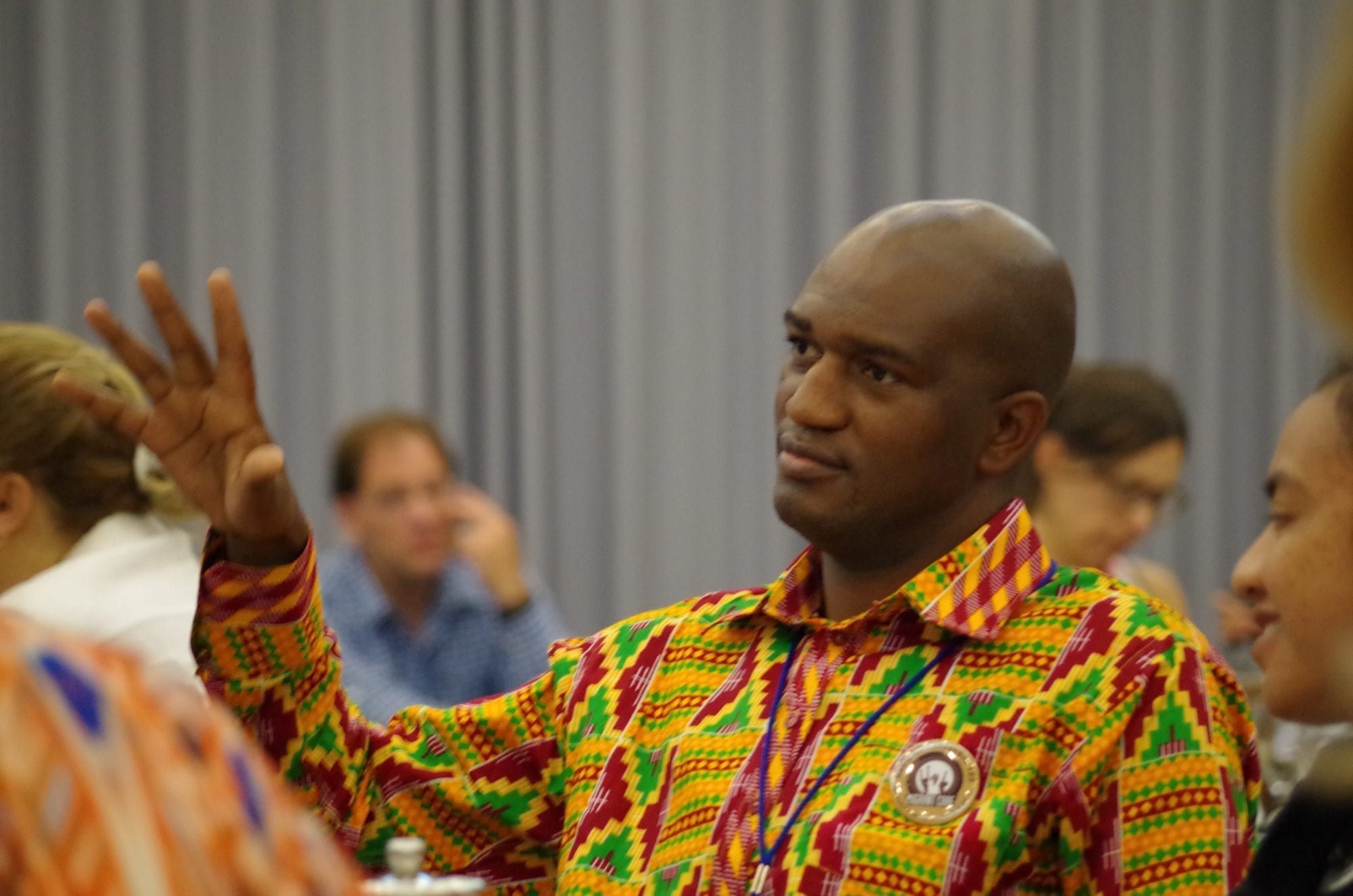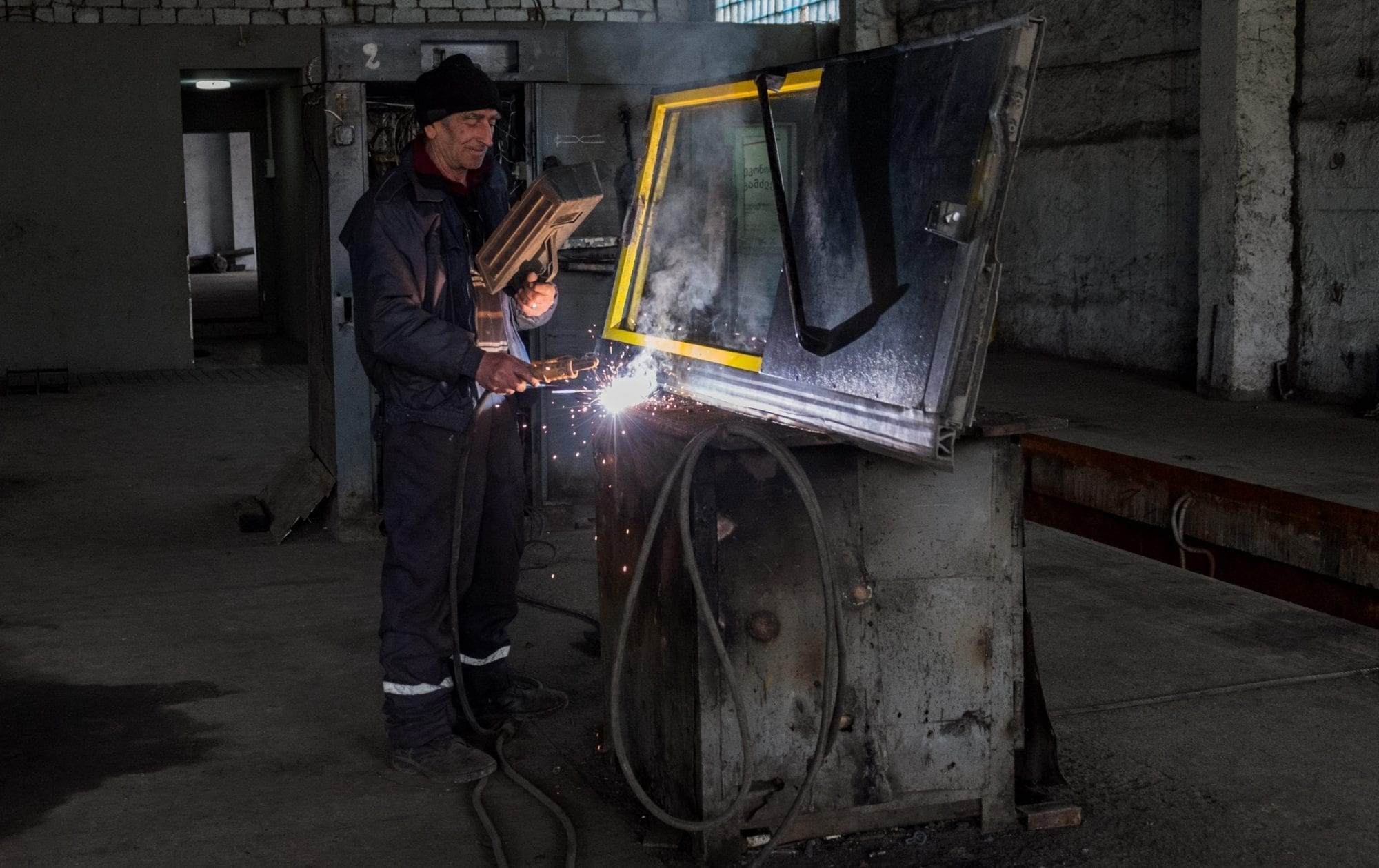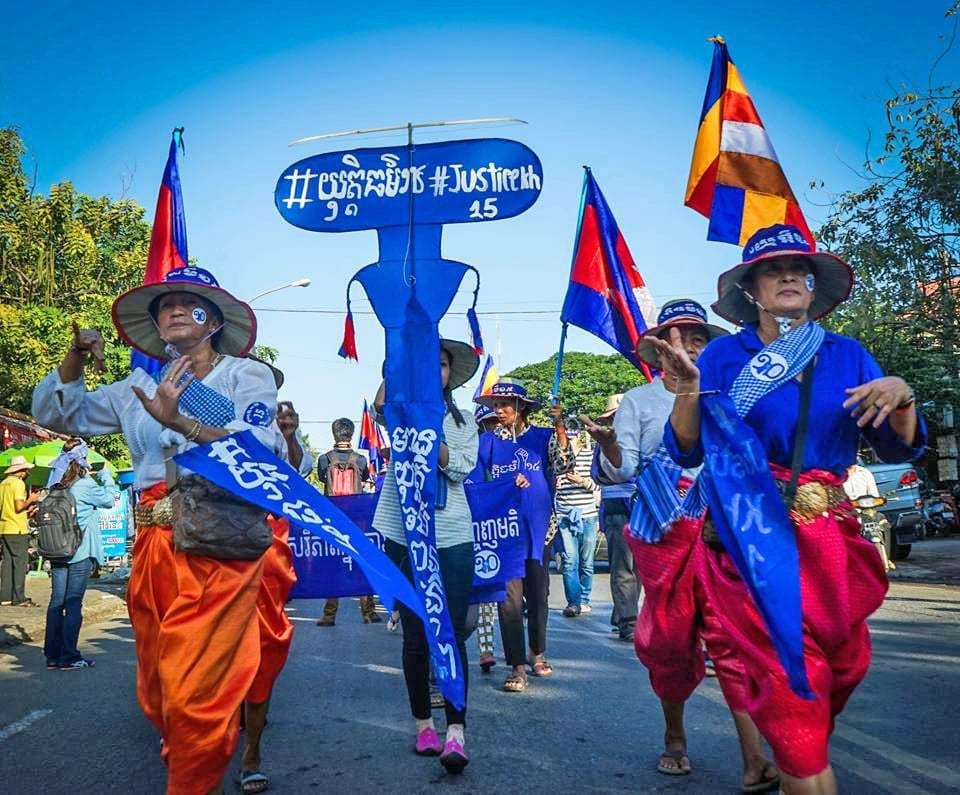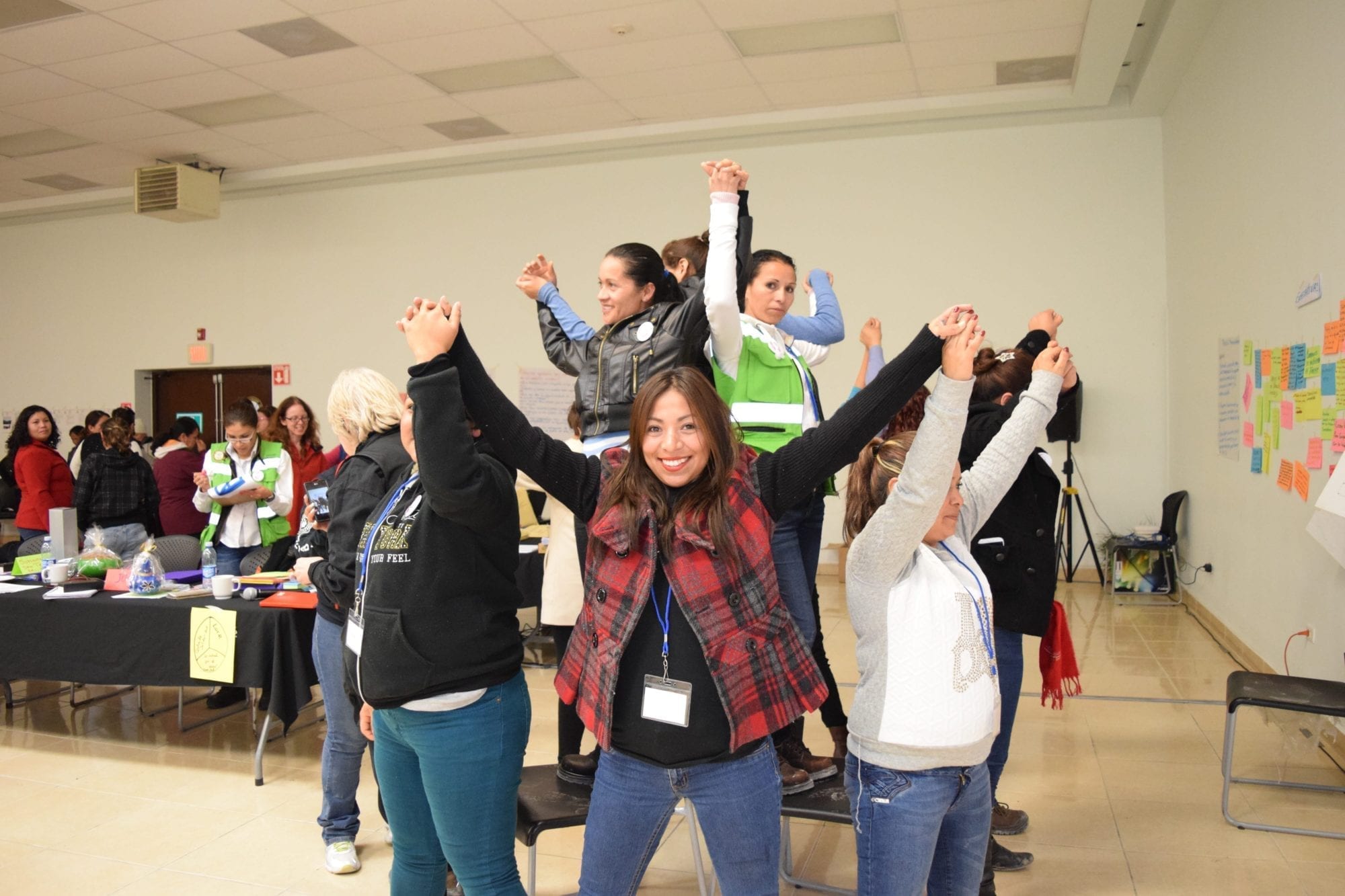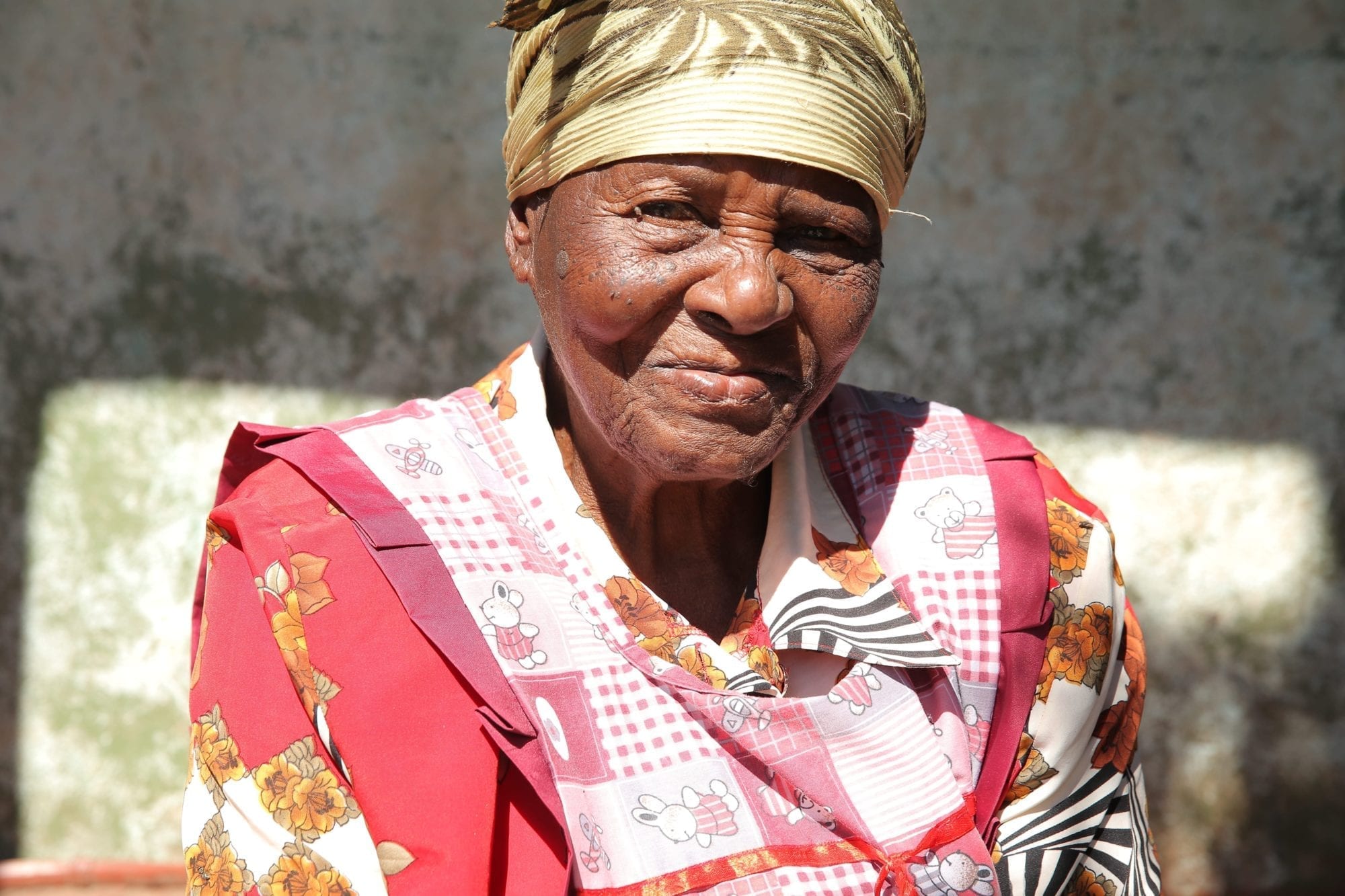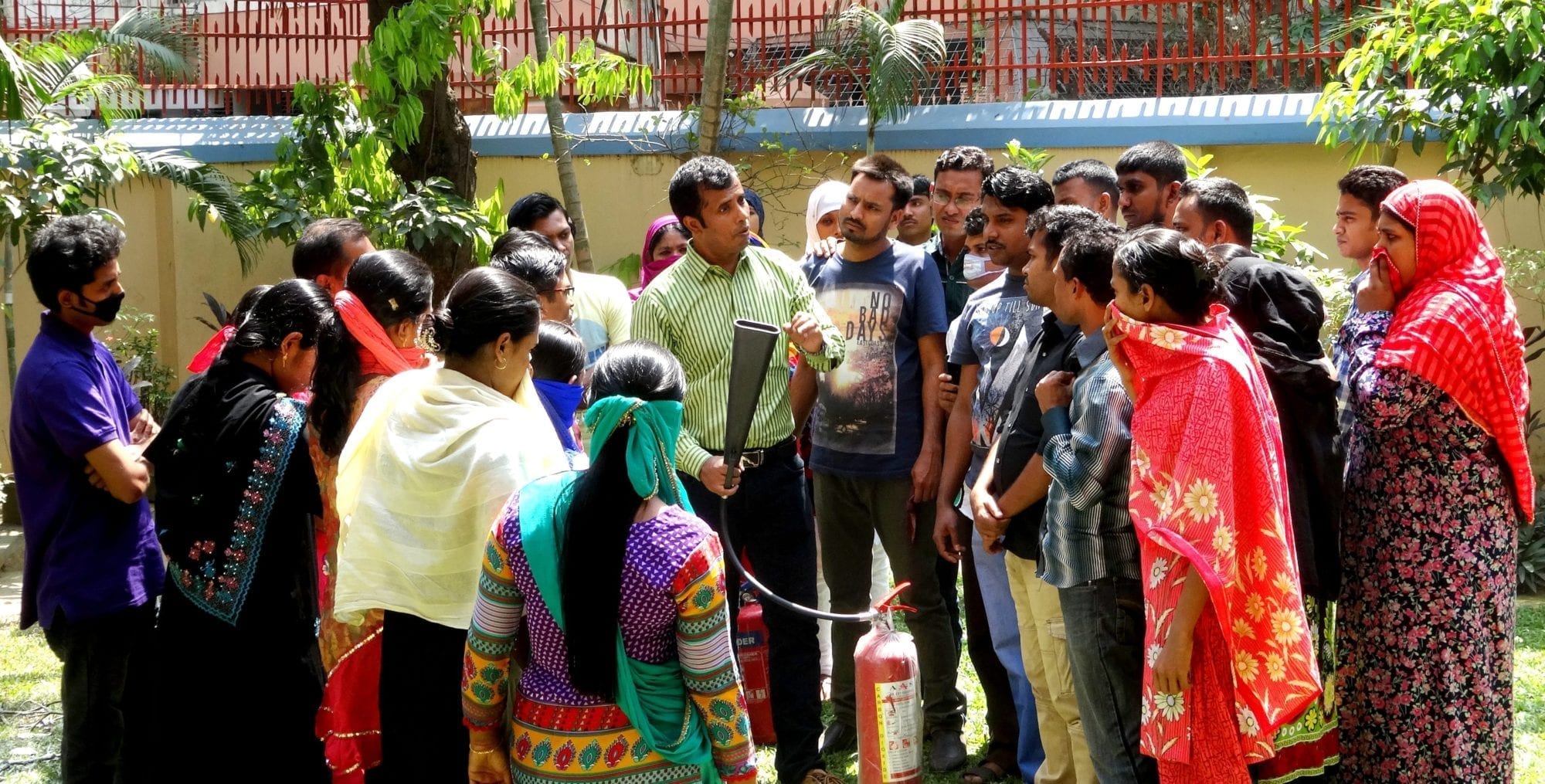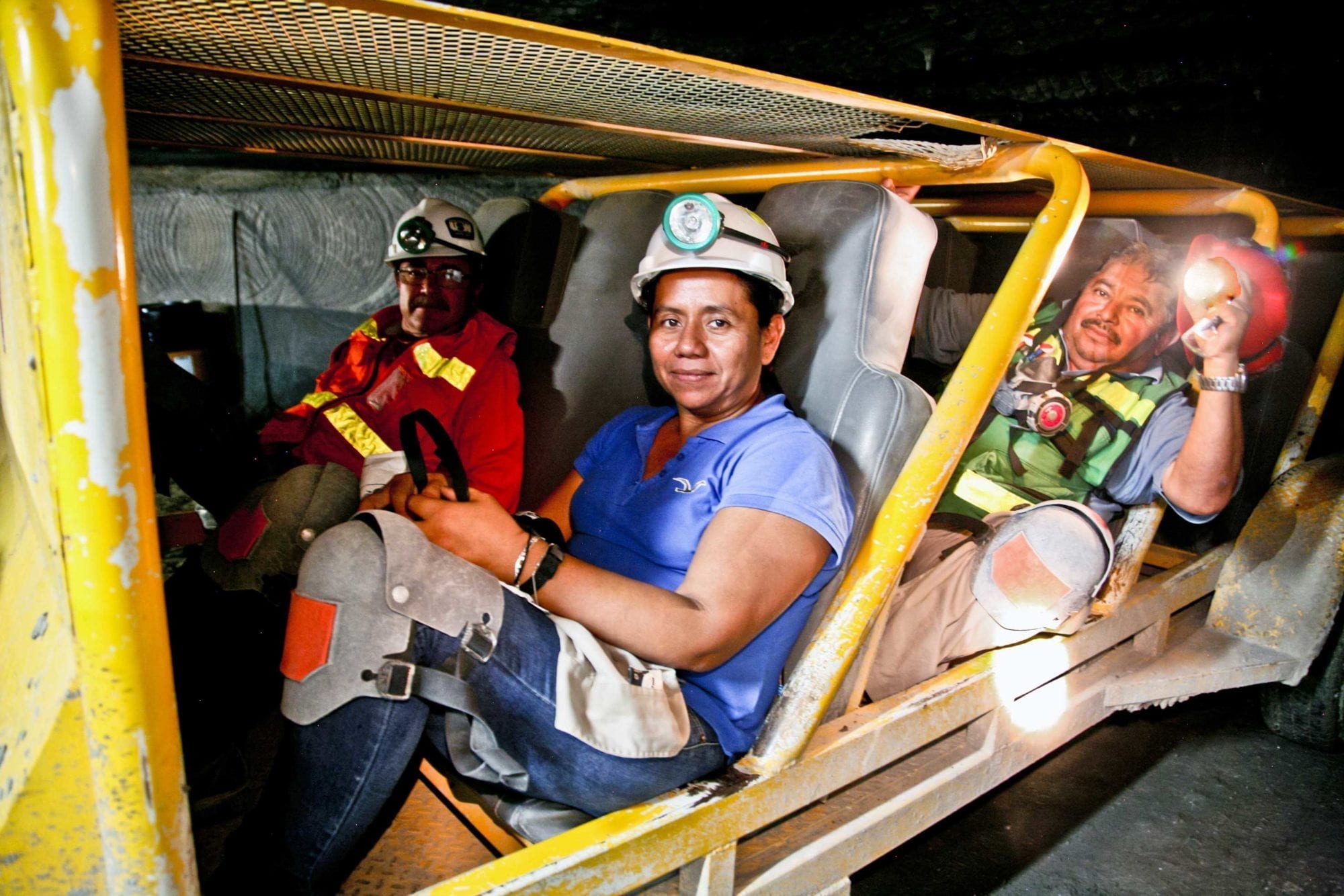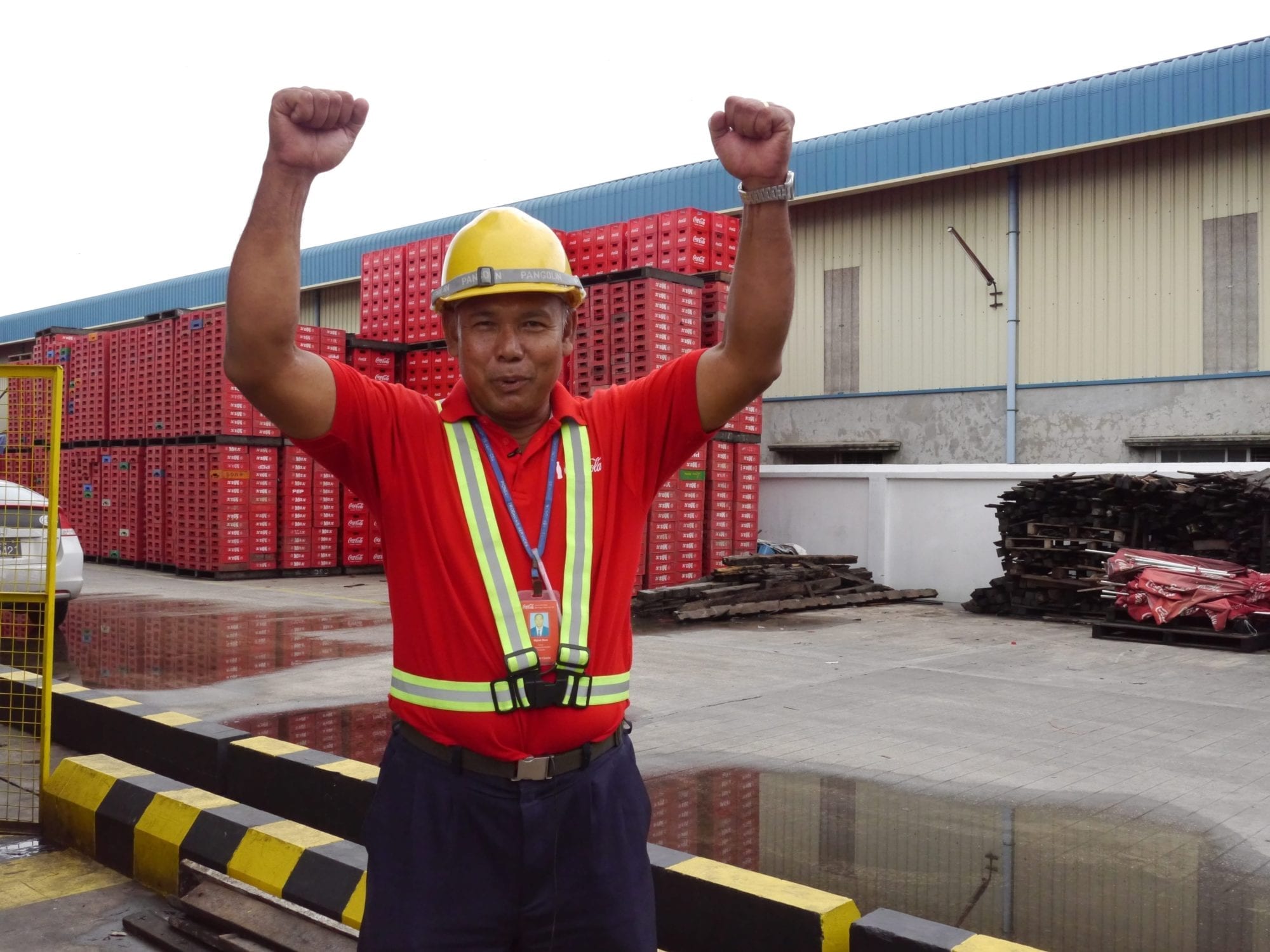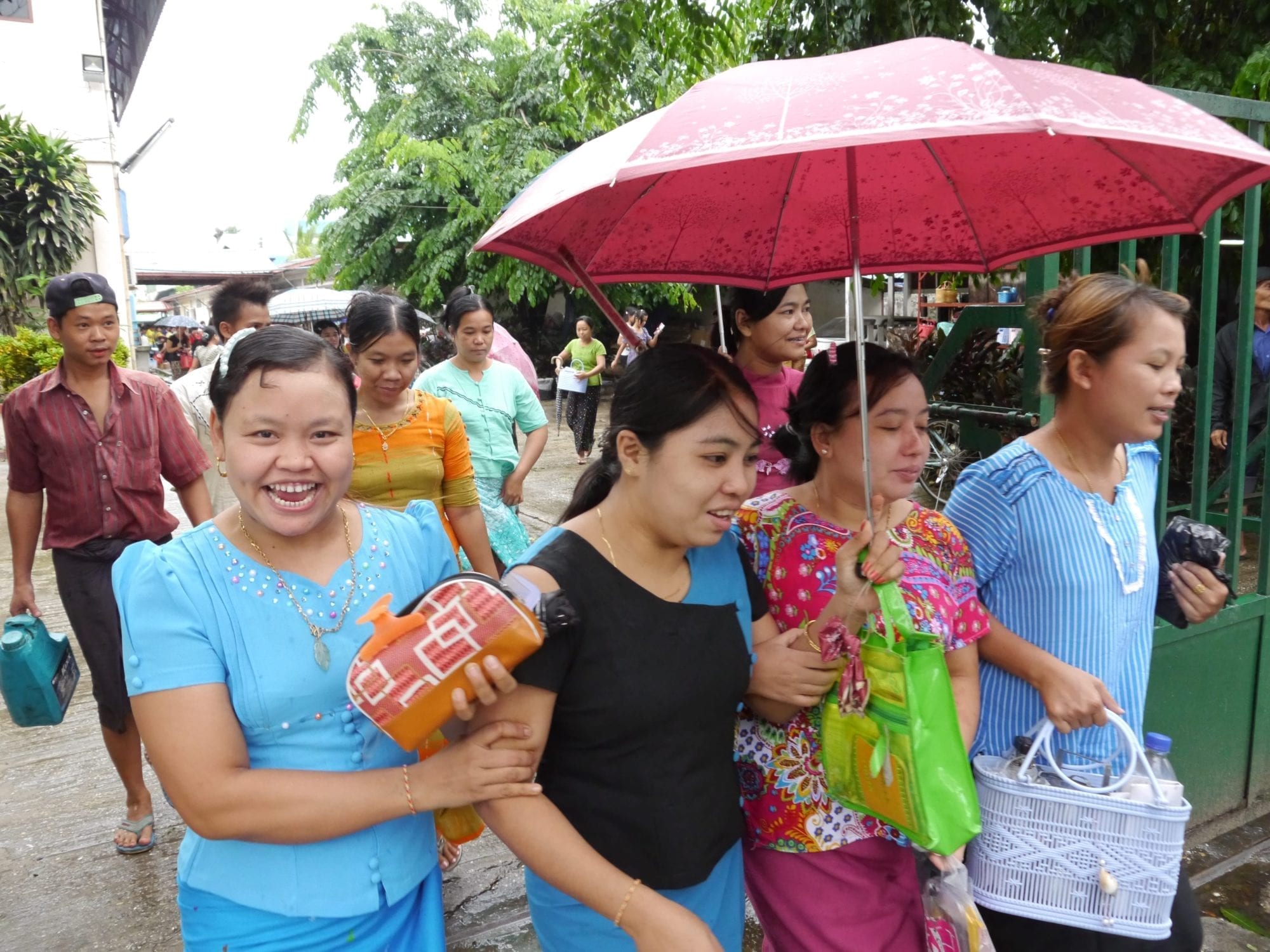
Jan 6, 2016
Whether building a towering office building in downtown Zimbabwe, sewing garments in a Bangladesh factory or digging for phosphate in Mexico mines, the world’s unsung working people demonstrate, time and again, the dignity of work. Here, we celebrate some of the amazing women and men we partnered with in 2015, and showcase their efforts to improve their lives and livelihoods and tip the scales toward greater equality in their countries.
As Mervat Jumhawi, a former garment worker and union organizer working with the Solidarity Center in Jordan, described her own experience: “When I became member of the union, I became stronger.”
[portfolio_slideshow id=6893]
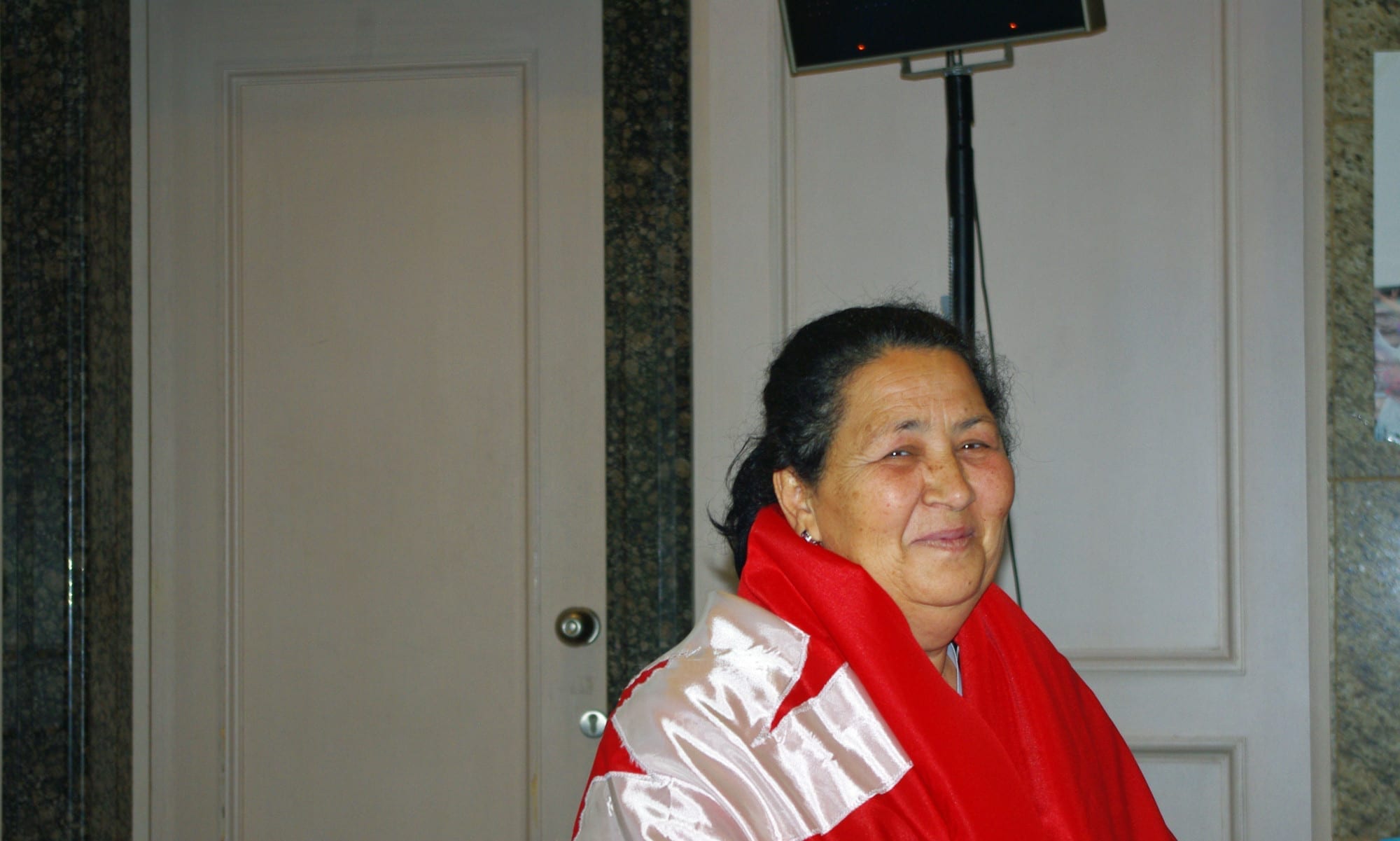
Jan 6, 2016
As a young union activist in Tunisia’s railway industry, Kalthoum Barkallah was not convinced that there was a need to work for gender equality. After all, she thought, unions did not distinguish between male and female workers. But one day when she pointed out that access to day care should be among the demands unions include in their efforts to improve worker rights, a union colleague told her it was out of order to address such an issue with management.
“This incident made me realize that there are problems specific to women and only women can understand and defend. This incident pushed me to join the women’s committee and I was elected at the national level, to defend their cause and their rights,” says Barkallah.
Now a Tunis-based Solidarity Center senior program officer and master trainer, Barkallah has not stopped championing the rights of women workers since that day back in the 1980s.
The First Step: Developing Confidence
As a trainer in gender equality, Barkallah has conducted workshops in nearly one dozen countries, including Morocco, Algeria, England and France. Frequently, the first barrier she must overcome is enabling women to get past their fears. “Often, women participants do not have enough confidence to start talking, to express themselves,” she says.
Barkallah says it is important that both women and men take part in the gender equality trainings, which begin by differentiating between the terms “sex” and “gender.”
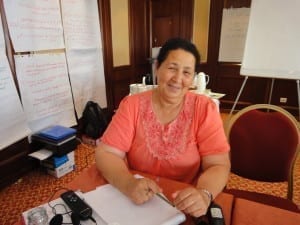
Unions “stand for liberty and democracy” and are especially important for women, says Barkallah. Credit: Solidarity Center/Imane Zaghloul
“We explain that gender is determined by society, by community, and the meaning of gender changes from one society to another,” says Barkallah. “Sex is something we are born with. We explain to women there is no reason there should not be equality between men and women, and they have to challenge their male colleagues to achieve equality and justice for all.”
Aida Sbai participated in one such training. It “strengthened my capacity and gave me confidence in myself as a woman activist with the right and the capacity to hold leadership positions with men to defend the cause of working women,” she said.
Sbai, a union member in the food and tourism sector and coordinator of the Women’s Department in the Federation of Food and Tourism Workers of Tunisia (FGAT), says, “Thanks to this training, I was able to convince workers in my sector (tourism) to join the union and to stand for union election.
“I also campaigned next to men to elect women, and the result we have today is that many women are now union leaders with the federation (FGAT).”
Ultimate Goal: Changing Conditions for Women
Numerous women who have participated in these workshops have gone on to take leading roles in their unions—one is member of her union’s executive committee in Tunisia, as is another woman in Jordan, Barkallah says. Such accomplishments fulfill what she sees as the trainings’ short-term objectives: to enable a woman to “be a citizen who is engaged in the social, political and economic life of the country and have confidence in herself.”
Ultimately, says Barkallah, “the goal is to change the conditions of work for women, to establish social justice and democracy between men and women.”
Barkallah says her union experience has reinforced the cultural, political and economic convictions she developed through the influence of her father, an active trade unionist, and by her participation as a university student in the struggle for democracy in the mid-1970s.
She sees unions as particularly important for women because a union is a “unique organization that defends the civil society, economy, society and the political rights of women. It allows women to be liberated and emancipated, opens horizons at the national and international levels, and allows her to change her conditions. Unions stand for liberty and democracy.”
‘Change Comes with Women and Nothing Can Stop Them’
As an activist with the Tunisian General Federation of Railways, Barkallah was first elected deputy general secretary in 2000, heading up training within the union. She later was elected deputy general secretary in charge of international relations and, in 2006, elected president of the International Transport Workers’ Federation (ITF)–Arab Women’s committee. Barkallah has been an active union leader with Tunisia’s union federation, the Union Générale Tunisienne du Travail (UGTT). Throughout, she balanced both work and family duties, raising two sons who each now have their own children.
Barkallah says the most moving experience in her 25 years of activism revolves around the success women achieved after the 2011 uprising. Tunisian women first helped spur protests and end autocratic regimes in Tunisia and throughout the Arabic-speaking world and then organized a democratic coalition to successfully defeat a proposed change to Tunisia’s constitution that would have reduced the legal status of women.
“Women built alliances with civil society, labor organizations, and we were able to change the law. I found this experience really moving. Women can change their situation—and that change comes with women and nothing can stop them.”
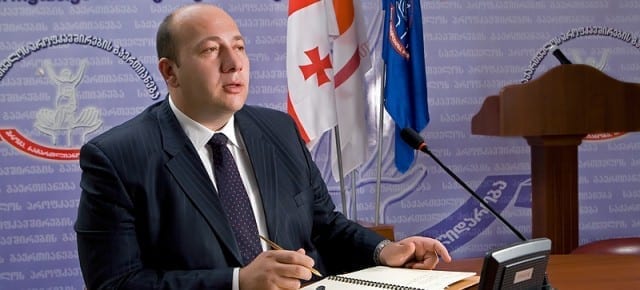
Dec 18, 2015
Irakli Petriashvili, president of the Georgian Trade Union Confederation, a Solidarity Center partner, was elected president of the Pan-European Regional Council (PERC) this week in Brussels, Belgium.
Describing the persistence of Georgian union members in championing worker rights during a politically difficult time over the past 10 years, Petriashvili said only strong unity “could stand the pressure of the radical anti-union regime.” Georgian union members’ “uncompromised persistence and firmness encouraged by the (European Trade Union Confederation) ETUC’s and PERC’s leaders’ and its affiliates’ coordinated and unwavering support,” he said.
“This makes me fully confident that once we could win this battle in Georgia, the victory can be repeated in any country and also internationally.”
More than 120 participants from around Europe took part in the third general assembly of PERC, an organization of the International Trade Union Confederation (ITUC). PERC members also expanded the leadership team, a move Petriashvili supported.
“It is important that existing union diversity is turned into our advantage for deepening democratic development of labor movements across the region,” he said. “For this purpose, it will be a right decision to have more vice-presidents of the PERC as this will increase the interest and the level of involvement of different unions into PERC’s matters.”
Petriashvili was elected president of the GTUC in 2005 and began the democratization of the union movement. Before leading the GTUC, he headed up a union at the Tbilisi-based energy distribution company Telasi. Under his leadership, the union became a more vocal advocate for its members’ interests, and he even led a groundbreaking hunger strike that resulted in a contract that bolstered worker rights. In 1999, Petriashvili attended a course for young trade unionists, organized jointly by the Solidarity Center, the AFL-CIO and the International Labor Organization.
Earlier this year, the Solidarity Center launched a new project in Georgia focused on improving worker occupational safety and health and training workers in negotiating contracts and broadening unions’ ability to promote effective
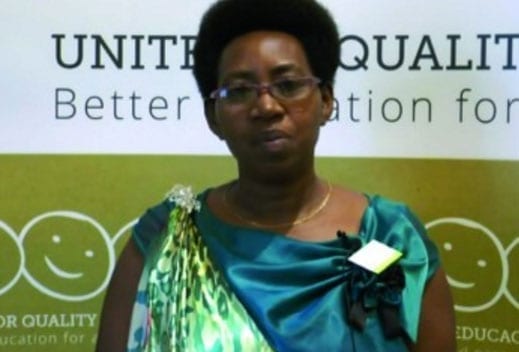
Dec 18, 2015
Hundreds of union leaders and members, including at least 250 teachers, have fled Burundi while dozens more have been jailed, as the east African country roils in widespread violence. In October, a journalist and his family were shot dead at their home by security forces, according to the International Federation of Journalists. Broadcast media workers also were attacked with heavy weapons in May.
“I was part of a teacher’s union and because I was helping teachers fight for their rights, I was seen as an opponent,” according to one teacher, now in internal exile in the country’s Makamba Province. “A friend in the police told me that I was on the ‘list’ to be arrested so I had to flee.”
The refugee’s story is among those collected in a Refugee International report which found that Burundians were threatened by police due to their membership in civil society organizations perceived not to be supportive of the government, such as human rights organizations and unions.
Unions and their members also are being targeted in other ways. For instance, the Syndicat des Travailleurs de l’Enseignement du Burundi (STEB), which represents teachers, reports that its bank account was ordered closed last week.
Over the weekend, 87 people were killed. Since April, some 220,000 people have fled Burundi and 15,000 people have been displaced within the country. The violence stems from protests that began after President Pierre Nkurunziza decided to run for a third term.
The United Nations Human Rights Council approved a resolution yesterday calling for the quick deployment of experts to Burundi to look into abuses amid the growing violence. The UN high commissioner for human rights has called on Burundi’s leaders to disarm pro-government militias, halt torture and resume political dialogue, saying that sanctions, asset freezes and travel bans should be imposed on those responsible for abuses.




